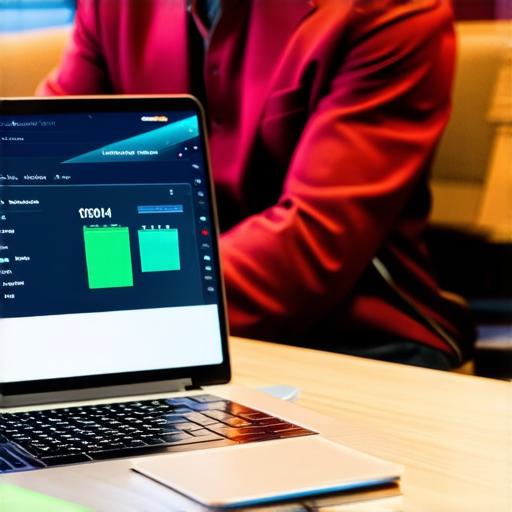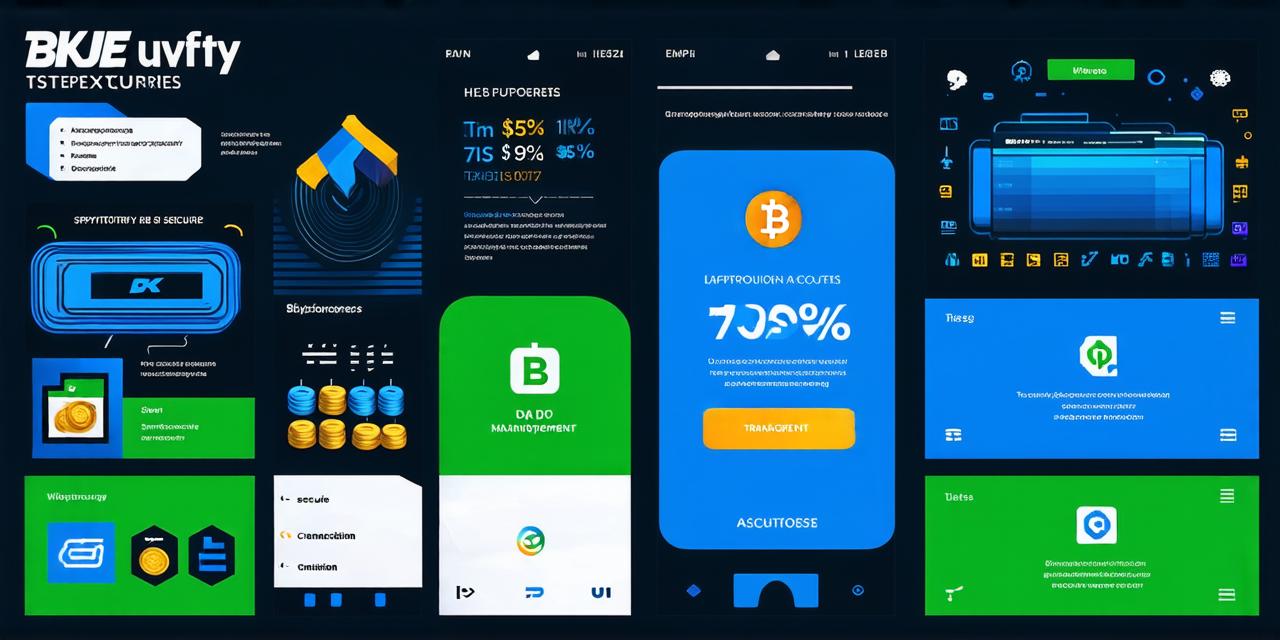Introduction
Cryptocurrencies are digital currencies that use cryptography for security, making them decentralized and resistant to counterfeiting. As more people turn to cryptocurrencies as an alternative to traditional banking systems, the need for secure and easy-to-use wallets becomes increasingly important. In this comprehensive guide, we will explore the different types of cryptocurrency wallets, their features and benefits, and how to access them safely and efficiently.
Types of Cryptocurrency Wallets
There are several types of cryptocurrency wallets available, each with its own advantages and disadvantages. The three main types are:
- Web-based wallets: These wallets are accessed through a web browser, making them convenient to use on any device that has internet access. They are easy to set up and use, but they are vulnerable to hacking and phishing attacks. Some popular web-based wallets include MyEtherWallet, MetaMask, and Trust Wallet.
- Mobile wallets: These wallets are designed specifically for smartphones and other mobile devices, making them more secure than web-based wallets. They allow users to store and spend cryptocurrencies on the go, but they may not be as feature-rich as desktop or hardware wallets. Some popular mobile wallets include Coinbase Wallet, MyEtherWallet, and MetaMask Mobile.
- Desktop wallets: These wallets are installed on a computer or laptop, making them more secure than web-based wallets and offering more features such as offline access and multiple cryptocurrency support. They require a bit more technical knowledge to set up and use, but they offer the highest level of security for long-term storage of cryptocurrencies. Some popular desktop wallets include Electrum, Exodus, and Trezor.
- Hardware wallets: These are physical devices that store cryptographic keys securely offline. They are the most secure way to store cryptocurrencies, but they require a significant upfront investment and may not be suitable for casual users. Some popular hardware wallets include Ledger, Trezor, and KeepKey.
Accessing Your Cryptocurrency Wallet
Once you have chosen the type of cryptocurrency wallet that suits your needs, the next step is to access it safely and efficiently. Here are some tips:
- Create a strong password: Always create a strong password for your wallet that includes a mix of uppercase and lowercase letters, numbers, and symbols. Avoid using personal information or easily guessable words such as “password” or “123456”. Never share your password with anyone, even if they claim to be from the wallet provider’s support team.
- Enable two-factor authentication: Two-factor authentication (2FA) adds an extra layer of security to your wallet by requiring a second form of verification in addition to your password. This could be a code sent to your phone or email, a fingerprint scan, or a hardware token. Always enable 2FA for your wallet to protect against phishing attacks and other forms of hacking.
- Back up your wallet: It is essential to back up your wallet regularly in case you lose access to it or your device is compromised. Most wallets have a built-in backup feature that allows you to export your private keys to a secure location, such as an encrypted file on your computer or a physical medium like a USB drive. Always store your backup in a secure place and never share it with anyone.
- Update your wallet: Regularly update your wallet software to ensure that you have the latest security patches and features. This will help protect against known vulnerabilities and keep your wallet running smoothly.
- Use reputable exchanges and services: When transferring cryptocurrencies from your wallet to an exchange or other service, always use a reputable platform with a proven track record of security and reliability. Avoid using new or unproven platforms, as they may be more likely to experience hacks or other security breaches.
Conclusion
Accessing a cryptocurrency wallet is essential for anyone looking to use cryptocurrencies safely and efficiently. With the right type of wallet and proper security measures in place, you can protect your investments from hacking and phishing attacks while enjoying the benefits of decentralized finance.

